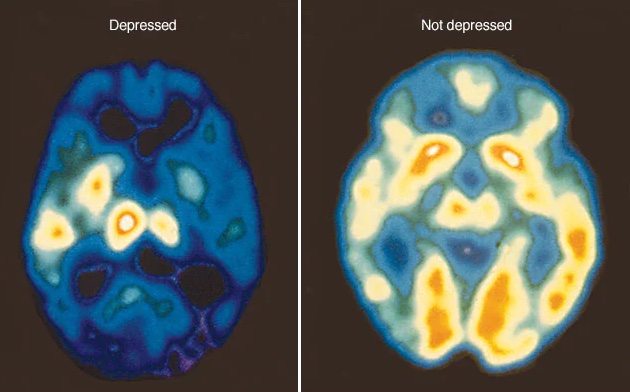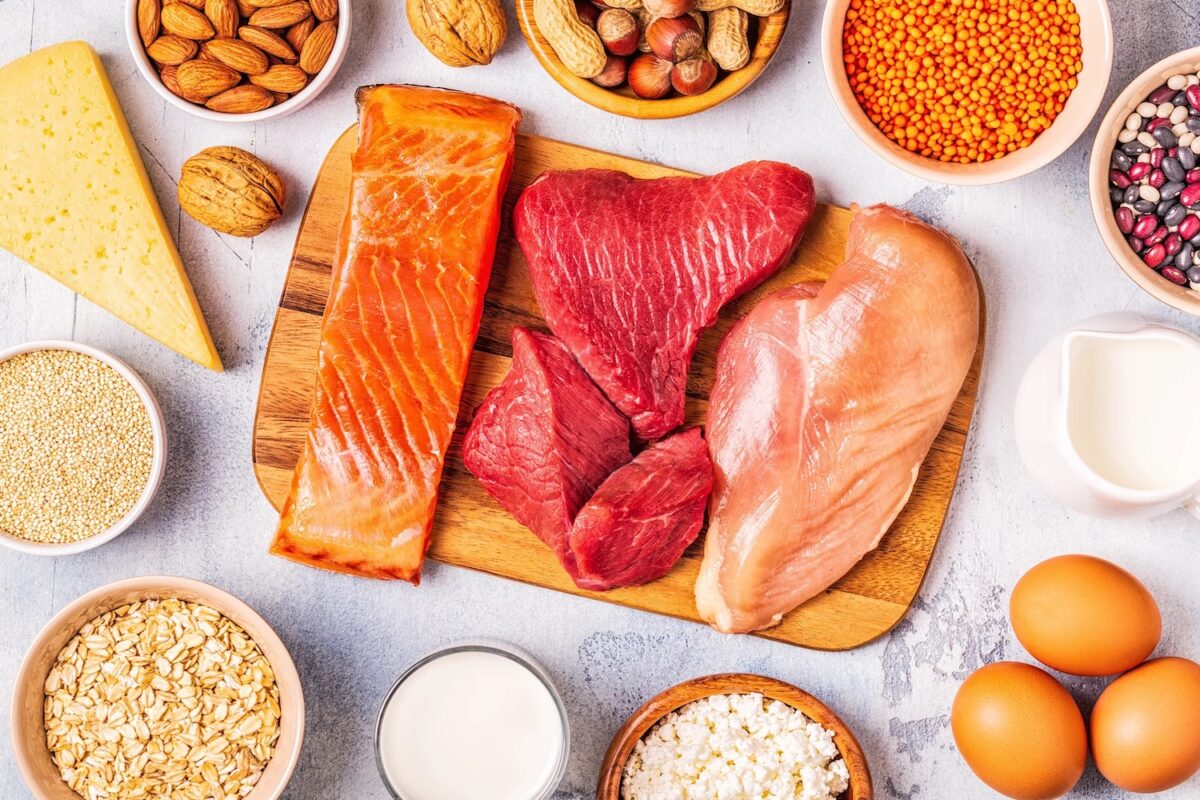A groundbreaking new study has shown scientific links between high protein consumption and a decrease in symptoms of depression. Read on to see why next time you’re feeling down, you should consider reaching for a protein shake instead of a pint of ice cream…
Nearly half of all Australians will experience a mental health issue in their lifetime, as the global mental health crisis continues to snowball with no signs of slowing down.
Millions report experiences of depression, anxiety, and swathes of other mental health conditions. This situation was only worsened by the COVID-19 pandemic with many finding themselves suddenly isolated, out of work, and facing uncertain futures.
Traditionally prescribed treatments like medication, cognitive behavioural therapy (CBT) and regular exercise can be extremely effective in some cases, but a new study has shown that a simple tweak to your diet could encourage a significant reduction in depressive symptoms.
How Did The Study Work?
The new research builds on previous studies that have highlighted the importance of nutrition in mental health disorders, particularly for those with severe conditions such as bipolar disorder, schizophrenia, and major depressive disorder.
With an increasing focus on modifiable factors that can help alleviate symptoms of psychiatric disorders, the study looked to evaluate the relationship between specific macro and micronutrient consumption with depressive symptoms in student-athletes.
After recruiting 97 elite adolescent athletes, the researchers – led by Markus Gerber from the Department of Sport, Exercise and Health at the University of Basel – assessed their baseline symptoms of depression and then ten months later, recorded their dietary intake at intervals across this period.

Using a mathematical model called linear regression analysis, they found that higher protein intake was associated with a reduction in symptoms of depression during the follow-up period.
Although these results are encouraging, researchers caution that larger sample sizes and more in-depth assessment techniques are needed to fully understand the relationship between nutrition and mental health.
Below, we explore exactly how protein helps reduce symptoms of depression and what foods you should be stocking up on to help yourself feel a little bit better…
How Protein Reduces Depression
Foods with protein are made from the building blocks of amino acids, which are linked to increased dopamine levels in the brain.
Dopamine plays a significant role in mental health disorders, and people who experience depression typically have low levels of an amino acid called tyrosine.

Protein is broken down into its amino acid (tyrosine) during digestion, which leads to an increase in dopamine production. Low levels of dopamine are linked to depression, and increasing dopamine levels through protein intake can help alleviate its symptoms.
Out of the three macronutrients – proteins, fats, and carbs – protein was the only one found to help increase dopamine levels and reduce depression.
What High-Protein Foods Should You Eat To Reduce Depression?
Here are some recommended foods for introducing higher levels of protein into your day-to-day diet:
- Lean meats: beef, lamb, veal, pork, kangaroo
- Poultry: chicken, turkey, duck, emu, goose, bush birds
- Fish and seafood: fish, prawns, crab, lobster, mussels, oysters, scallops, clams
- Eggs
- Dairy products: milk, Greek yoghurt, cottage cheese
- Nuts and seeds: almonds, pine nuts, walnuts, macadamias, hazelnuts, cashews, pumpkin seeds, sesame seeds, sunflower seeds
- Legumes and beans: all beans, lentils, chickpeas, split peas, tofu
Next time you’re feeling blue, be sure to use a good feed as a tasty route back to wellness. A word to the wise though, don’t go overboard on the seafood, or you might find yourself suffering from another type of sorrow altogether…
